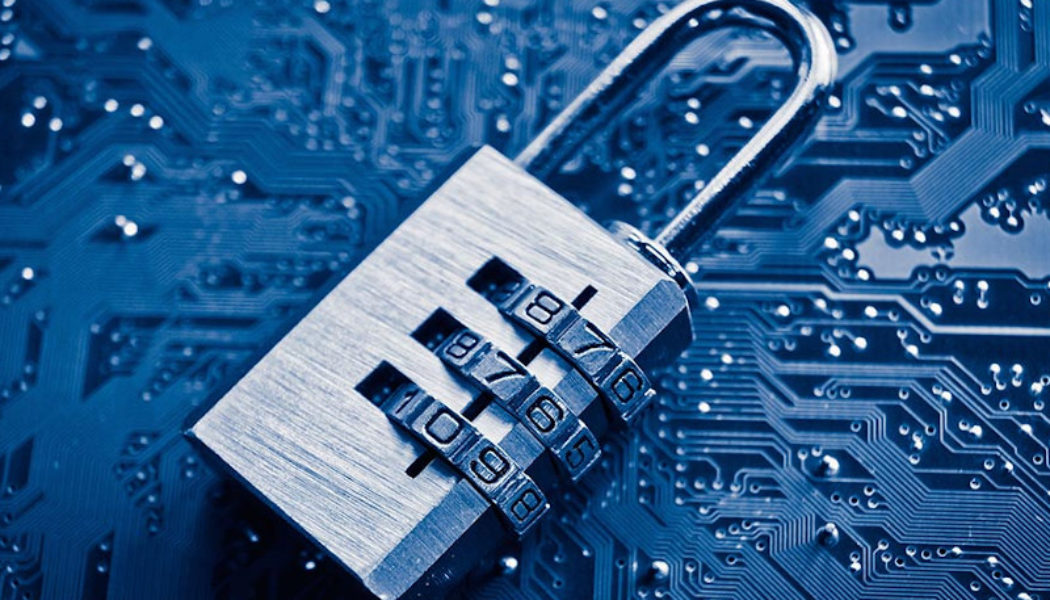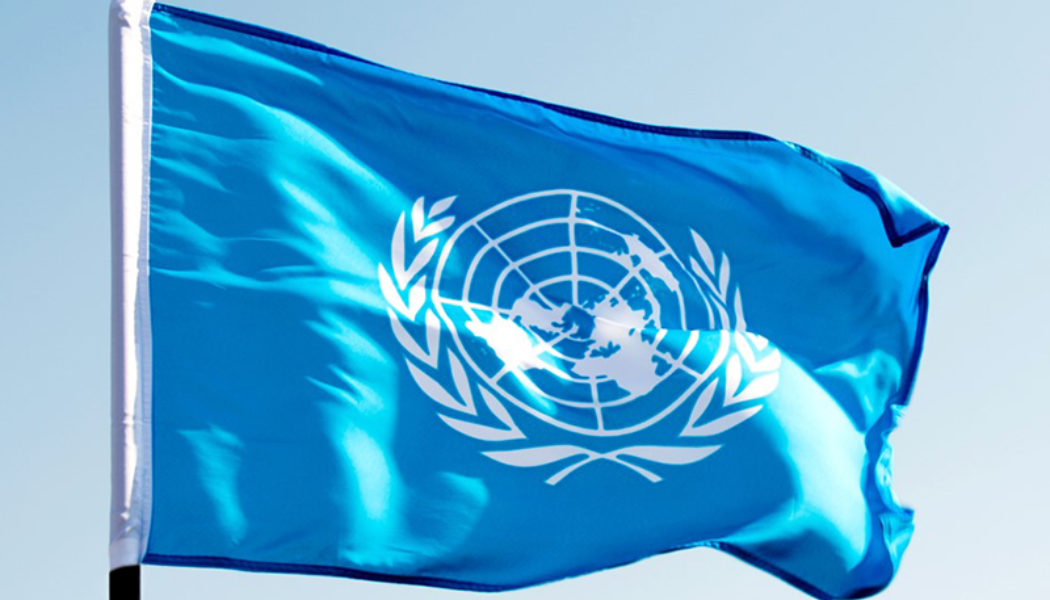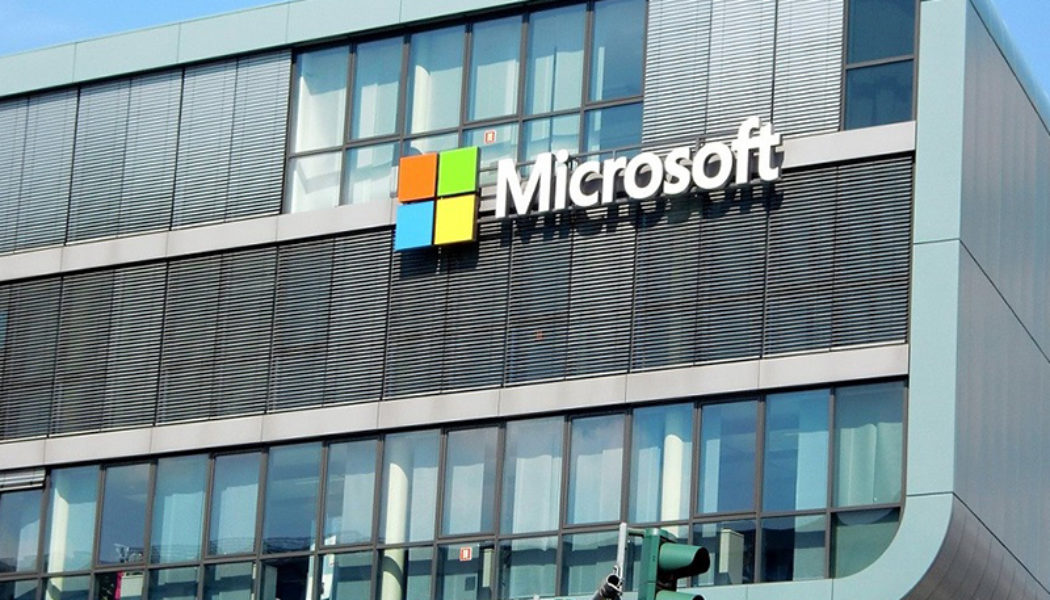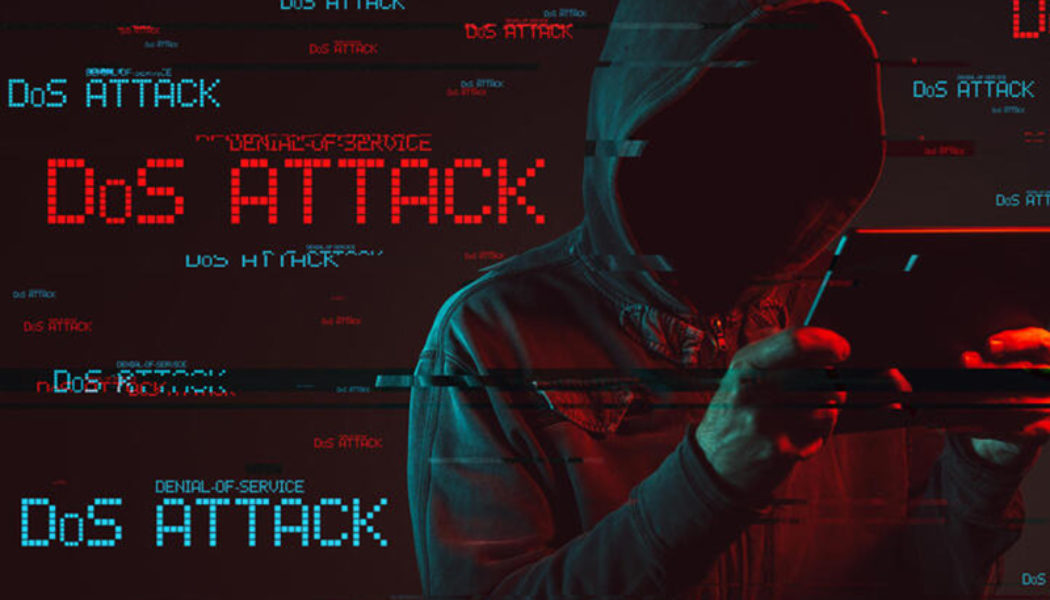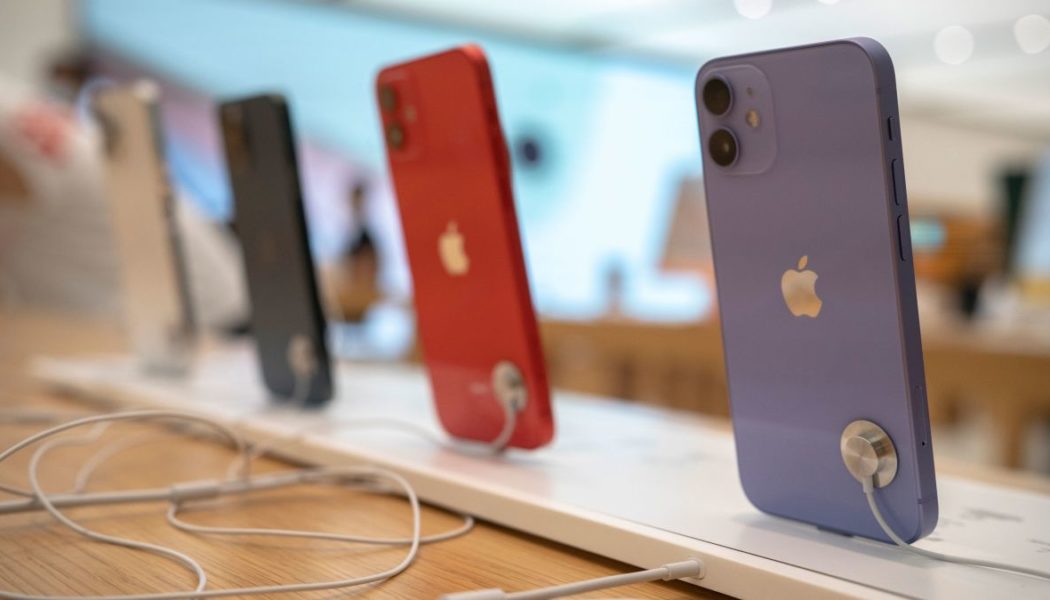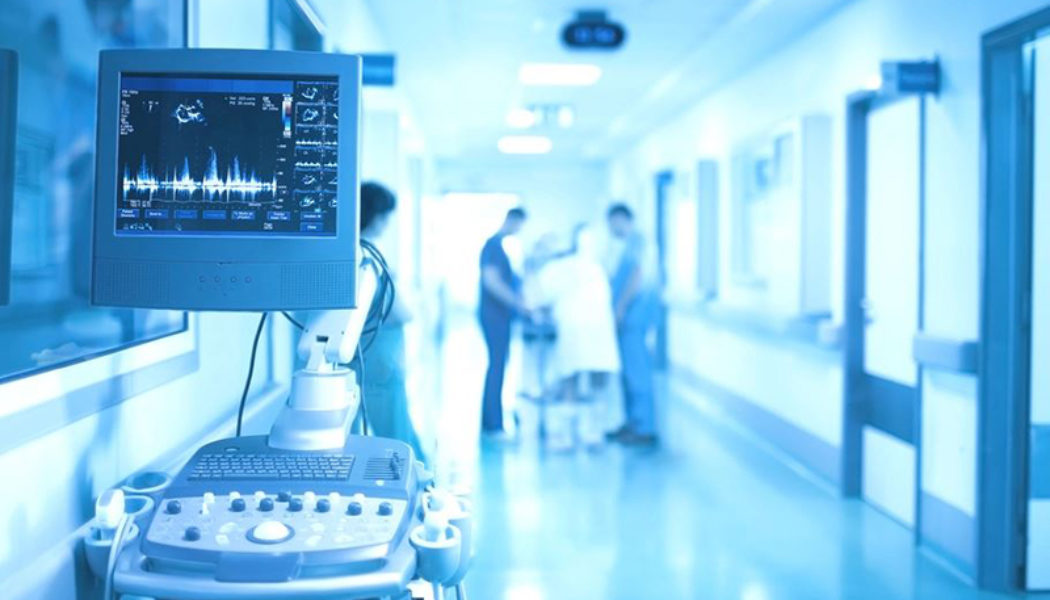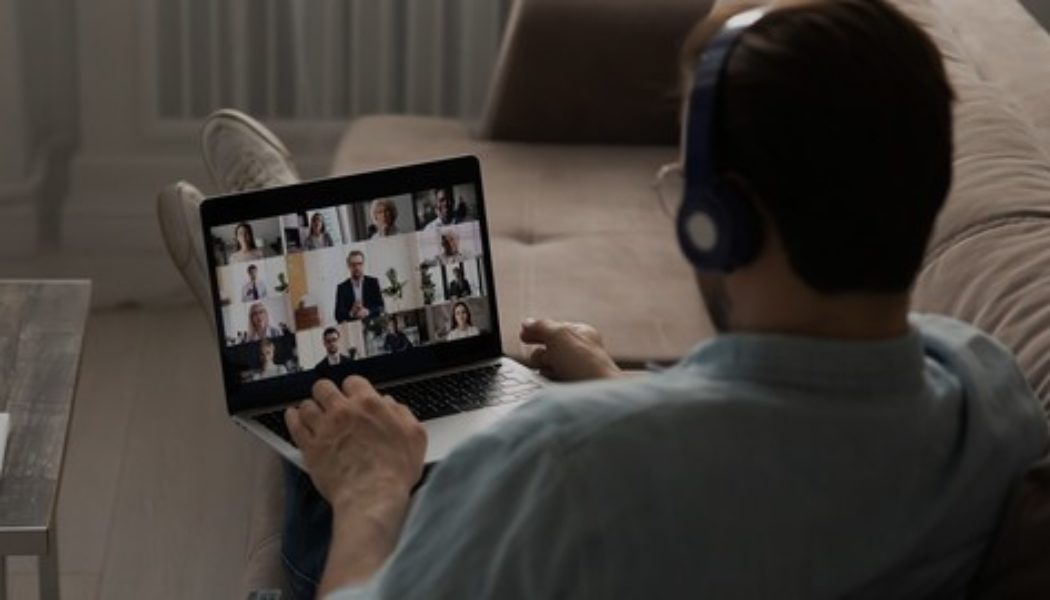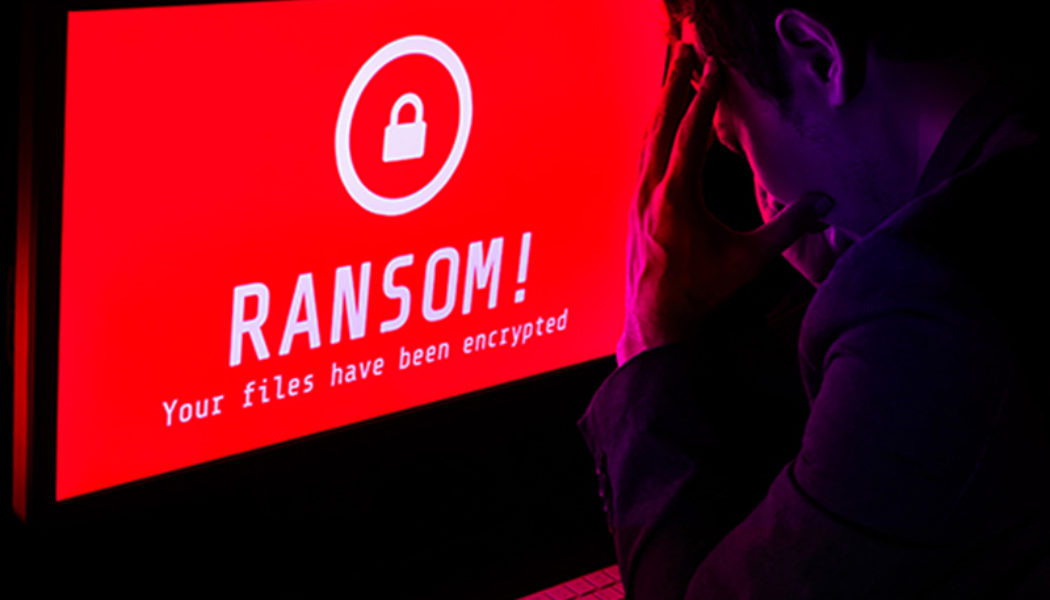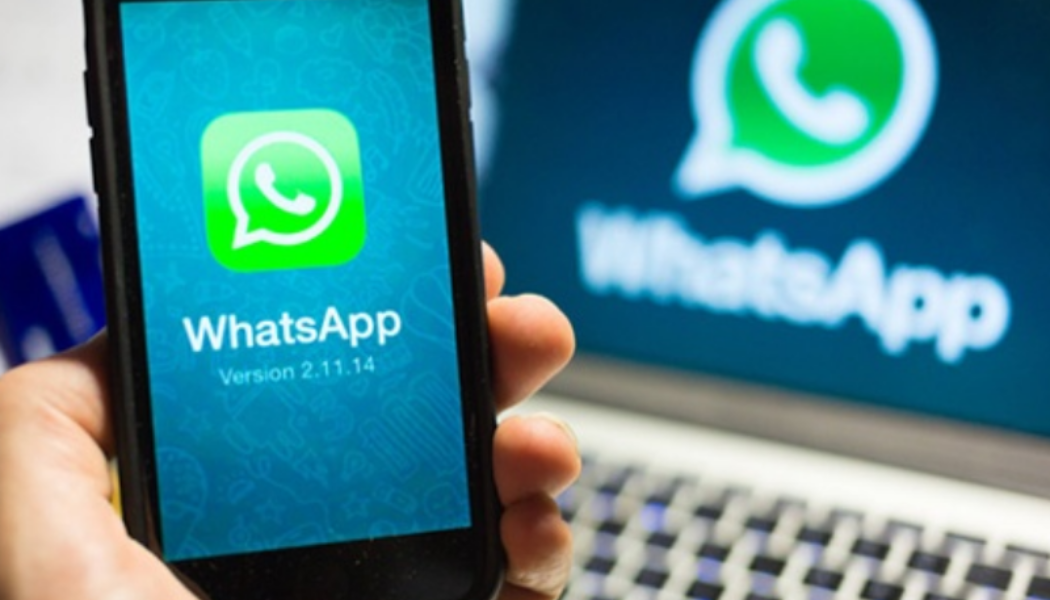Cybersecurity news
UN Calls on Nigeria, Others to Tighten Cybersecurity Regulations
Sourced from UN The International Telecommunications Union (ITU), the global telecommunications arm of the United Nations (UN) has called on the government of Nigeria, and other governments across Africa to strengthen their Internet safety regulations. Because of the COVID-19 pandemic, and general shift online, many African countries are now more exposed to cybersecurity threats than before, necessitating renewed efforts into protecting these spaces. According to the Guardian Nigeria, the UN noted that in Africa, many countries have seen a rise in reports of digital threats and other malicious cyber activities. The results include sabotaged public infrastructure, large-scale monetary theft from digital fraud, and national security breaches. The UN says that addressing these vulnerabilities...
The New DDoS ‘Normal’ is Not Normal in Any Way
Image sourced from Shutterstock. Threat actors will never turn down an opportunity for innovation, and the COVID-19 pandemic has provided an enormous such opportunity. We are seeing this quite clearly in the numbers coming through – and the new ‘normal’ around distributed denial of service (DDoS) attacks is not normal at all. So says Carole Hildebrand, Senior Strategic Marketing Writer at NETSCOUT, a leading global provider of service assurance, security and business analytics. Writing in a recent blog, she explains, “After an astonishingly active first quarter of DDoS attack activity, things calmed down a bit for the second quarter of 2021. Unfortunately, ‘calmed down’ is a relative term.” NETSCOUT decided to compare the numbers of DDoS attacks during the COVID-19 era of 2020 and 2021 thu...
With IoT in Healthcare on the Rise, Security Must Be A Priority says Fortinet
Image sourced from Alpine Security. South Africa is poised to start benefiting from a plethora of healthcare technologies that could dramatically improve patient care at a lower cost, boost preventative healthcare, and take the best medical practitioners virtually to the most underserved regions of the country. However, exciting new developments in healthcare technology could also put patients at risk in both the cyber and real world. This is according to Fortinet South Africa security experts Doros Hadjizenonos and Matthew Taljaard, who warn that the promise of emerging healthcare technologies could be derailed by security risks. Hadjizenonos, Regional Sales Director SADC at Fortinet, says Internet of Things (IoT) and Internet of Medical Things (IoMT) devices are increasingly being adopte...
Today’s New Business Normal Creates Threat Opportunities
Image sourced from Feed Navigator. The COVID-19 pandemic forced businesses of all shapes and sizes to make rapid changes in how they operated, with employees predominantly working remotely and sensitive data and systems being accessed from outside the office. For many, this triggered an increased reliance on remote-access infrastructure and cloud-delivered services. IT departments rushed to install, expand, or upgrade remote desktop access (RDA) servers, virtual private network (VPN) concentrators, and remote access routers to meet surging workforce demand for remote access to data centres. Moreover, widespread reliance on video conferencing apps forced many businesses to upgrade enterprise wide-area network and local-area network capacity, as well as to re-evaluate routing and DNS re...
When Ransomware Strikes, Can You Recover Fast Enough?
Sourced from Kaspersky Ransomware attacks have become increasingly common, and they are even available on the dark Web to purchase as a service. There have been many incidents in the news, where major companies have been left with little choice other than to pay the ransom to get their data back, often amounting to hundreds of thousands of dollars. The reality is that ransomware and other cyberattacks have become a question of when not if. The ability to respond and recover quickly has therefore become an essential part of successful ransomware defence, but it is something many organisations, especially in South Africa, struggle with. Consider Some Statistics The State of Ransomware report from security firm Sophos reveals that, over the last year, the average cost of remediating a ransomw...
